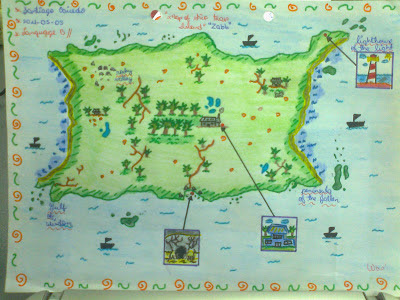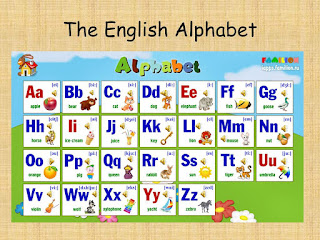The Last Class and The Next Year
This one happens more often than not and again is all due to the influence of our mother language (MTI). It is common that during the learning process our students assume that the use of the definite article THE is the same in English and Spanish, but this is true only in some cases. Expressions such as the last year or the next class instead of last year or next class regularly happen in the development of our students' metalanguage and clearly show that the old "think-in Spanish-first-then-quickly-translate-it-into English" approach is in process in our learners. Another explanation for this problem in particular is that Spanish has not one but five different definite articles: el, la, lo, los las.
It is possible to say THE LAST YEAR in English but in an entirely different context: after THE LAST YEAR there is not another year because THE LAST YEAR already happened. Saying THE NEXT CLASS implies there is only one class left and after that one there is not another. and it gets worse: IN THE LAST YEAR does exist in English but means from 365 days ago until now and because it is not considered a specific time it requires the use of Present Perfect (example: I have written many articles in the last year).
So the best thing to do is to ask our students to get used to saying last year, next year, last class, next class, last week , next week and so on. It is a long process really because MTI leads to the fossilization of these mistakes ( fossilization means in this case that the problem remains even after having been corrected) so as teachers we must be aware of this situation and ask our students to correct themselves every time the situations requires it. Patience and commitment, there is no other way.




Comments